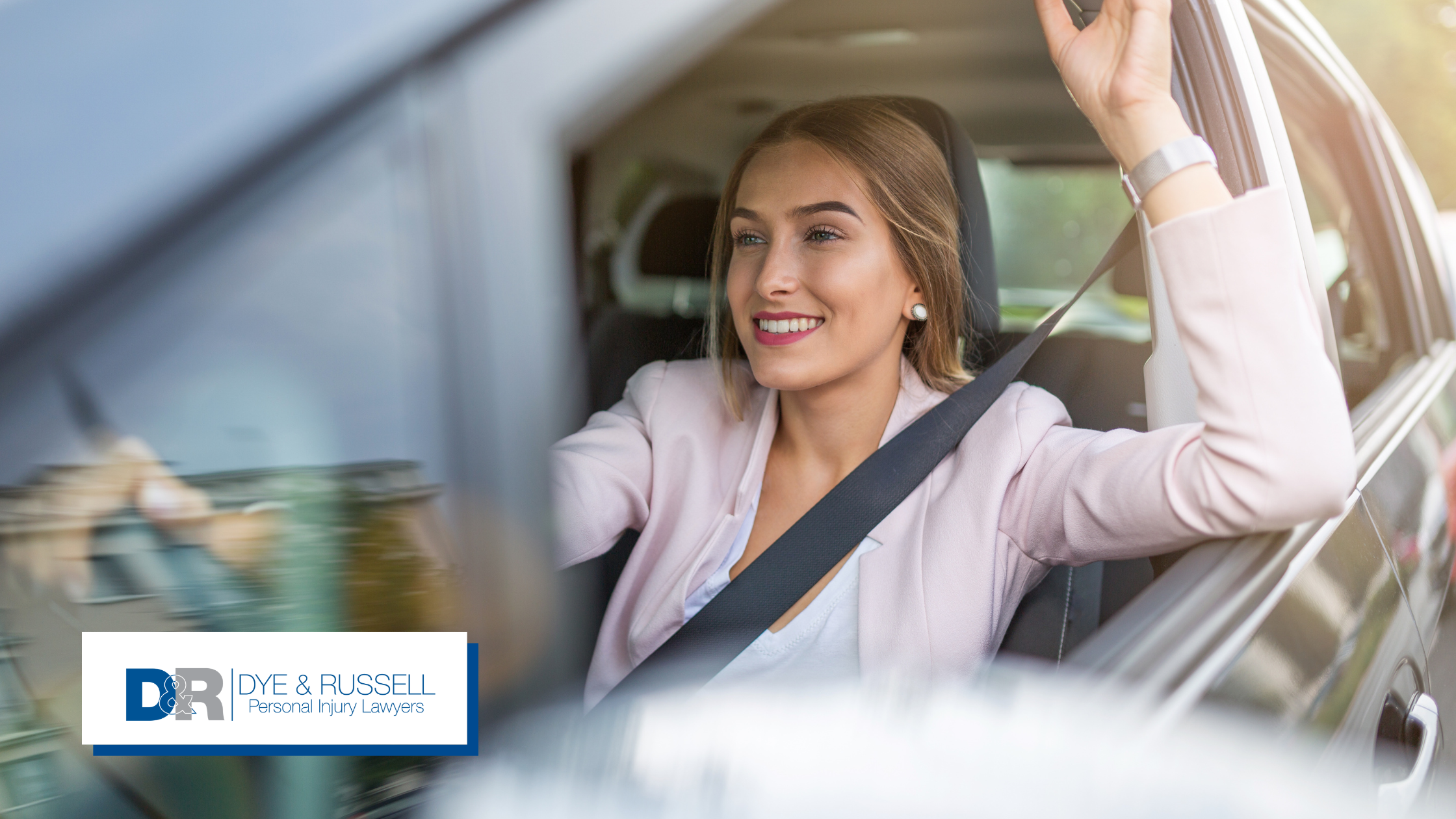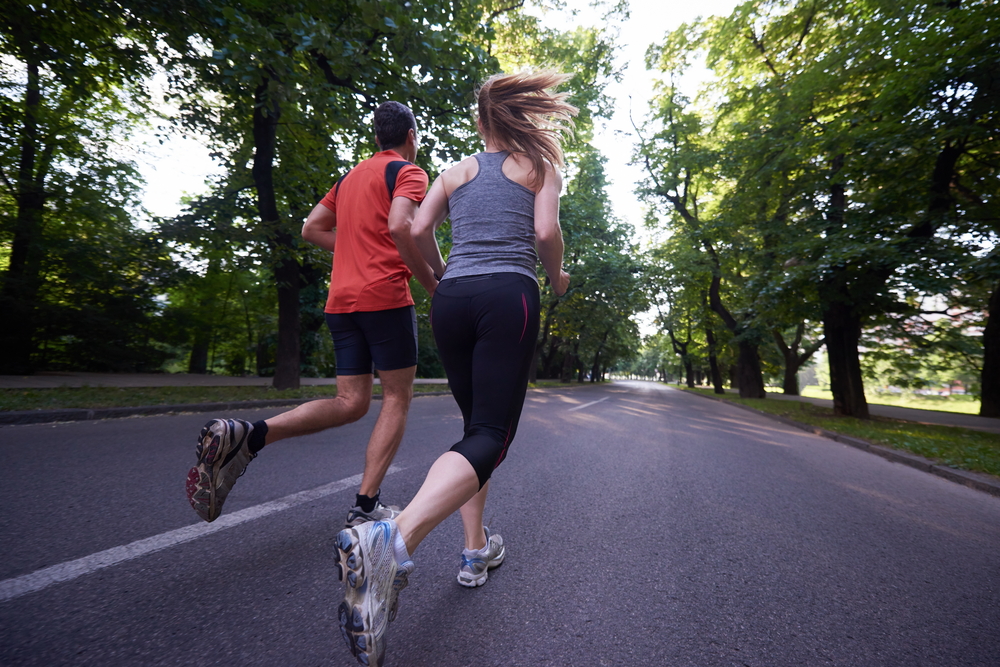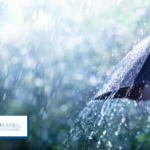After experiencing a traumatic brain injury (TBI) or other serious injury, focusing on your recovery and getting the appropriate medical attention is important. If the injury occurred in a motor vehicle accident, at work or home, contacting an experienced personal injury lawyer can help you understand your legal rights. A lawyer can also help explain your options if your injuries were the result of negligence or malpractice.
There are many reasons why contacting a personal injury lawyer is in your best interest. Here are our top four:
1. A personal injury lawyer will help answer your questions.
Anyone that has been seriously injured or had a loved one struggle with a major injury undoubtedly has questions. Personal injury lawyers with experience handling serious injury cases can help answer your important questions, such as “What happened?” and “Do we have a case?”.
A personal injury lawyer will conduct a factual investigation through interviews, review of records, and through the experience of professional investigators/consultants to gain information leading up to and at the time of your injury.
The insurance companies representing any possible defendants will be conducting the same type of investigations. The experts at Dye and Russell have experience working with insurance companies and know how to get you the settlement you deserve.
2. A personal injury lawyer will help you understand why an injury may have occurred.
Individuals that have experienced a traumatic brain injury (TBI), as well as their families, may not recognize that other individuals or entities may have contributed to their injury.
A lawyer will be able to assist in identifying all the individuals or entities that may have been a contributing factor to your injury. They will also ensure that those responsible are held accountable to the full extent of the law.
3. A personal injury lawyer will help you understand your rights so you can make informed decisions.
Many serious injuries, such as a severe traumatic brain injury (TBI), are often permanent and require a considerable number of medical treatments and/or ongoing care.
Speaking with a personal injury lawyer as soon as possible, like the ones at Dye and Russell, will help preserve your right to civil action. Our experienced lawyers will work with you to understand your options and help you make an informed decision about moving forward with your case.
4. A personal injury lawyer will help ensure you are fully compensated.
We understand how injuries impact you and your family in the present and how you will be impacted in the future.
The lawyers at Dye and Russell will work to ensure you and your family receive the maximum settlement that you are entitled to for current and future medical expenses. A personal injury lawyer will also seek compensation for current and future pain and suffering, both physical and mental, as well as any loss of wages.
Consulting an experienced personal injury lawyer in the wake of an accident is in your best interest. A lawyer will answer your questions and help you understand your rights or why an injury may have occurred. They are there to make sure you receive the maximum settlement you deserve so you can make a full recovery. Contact the team at Dye and Russell today by calling 1-877-883-6171.















